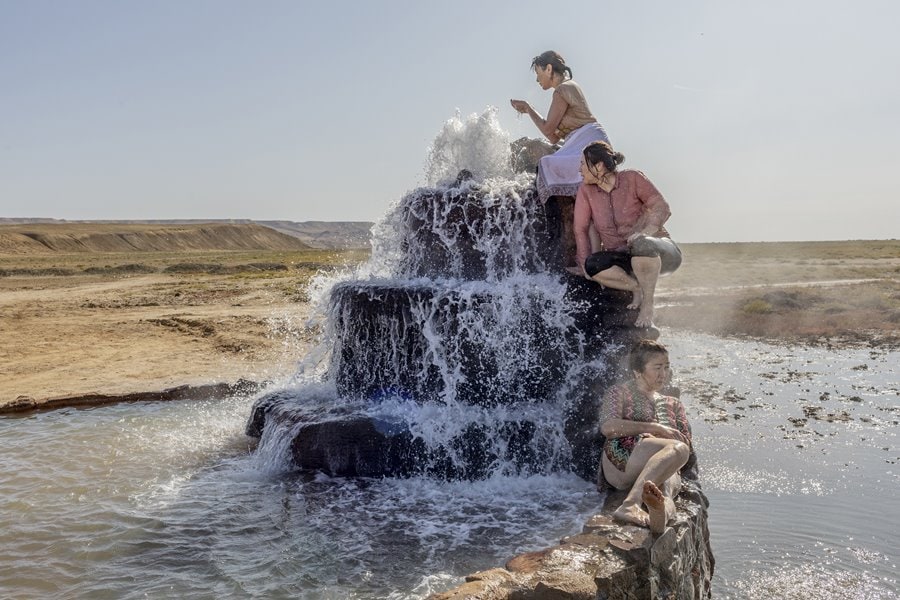Connect with stories that matter
Since 2019, we have been a proud partner of World Press Photo (WPP). This organisation aims to connect the world with stories that matter. Through this partnership, we want to show that we are also at the heart of society. That we are listening to what is going on so that we can tailor our services even better to what society demands of us.
Every year we work with WPP on several projects in the areas of diversity, verification (authenticity of photos) and cybersecurity. These are important issues in this rapidly changing (digital) world, and we offer WPP guidance in this regard. Not only through financial support, but also as a knowledge partner. PwC has also advised World Press Photo on its diversity and inclusion policy, rebranding and the development of a new strategy, which has already been launched.
For PwC, a partnership is about the way we work together, sharing knowledge, looking at expertise and learning from each other. It is also about taking what we learn back to our own organisation. The power of World Press Photo really does make a difference to our people, in the sense that it allows them to put their thoughts into words and opens up discussion on really difficult topics.

Photographer: Anush Babajanyan. Women visit a hot spring that has emerged from the dried bed of the Aral Sea, near the village of Akespe, Kazakhstan. Once the world's fourth-largest lake, the Aral Sea has lost 90 per cent of its volume since water was first diverted from the river for agriculture and industry in the 1960s.
Header photo: Photographer: Anush Babajanyan. The Zapadnyy Suek glacier in Naryn, Kyrgyzstan, is the source of the Naryn River, which in turn feeds into the Syr Darya River. The Syr Darya flows around Uzbekistan and through Kazakhstan into what remains of the Aral Sea.
Header insert: Photographer: Lee-Ann Olwage. Sugri Zenabu, a mangazia (female community leader) of the Gambaga ‘witch camp’, sits surrounded by residents in Gambaga, Ghana. Zenabu shows some signs of confusion and memory loss associated with dementia.
Contact us
















